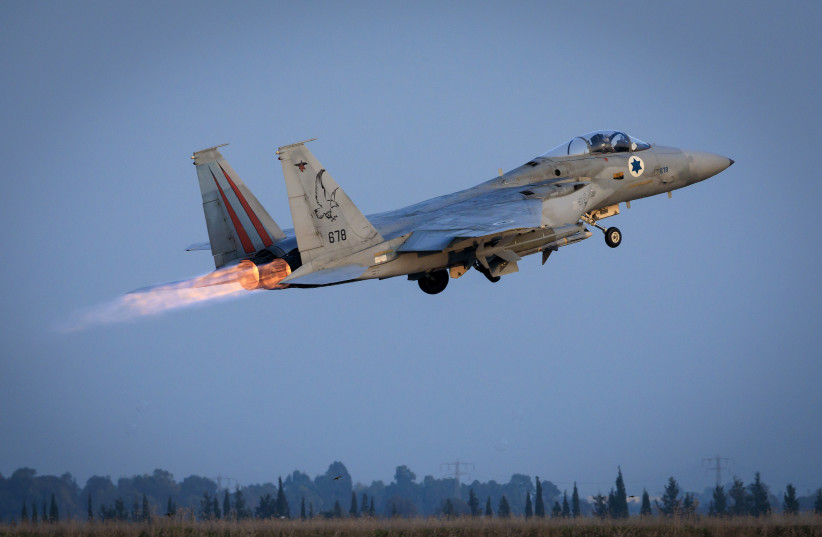Usually, a massive strike by one party in a conflict leads to a larger war.
Certainly, in the current war, predictions have been that if the IDF went an inch too far in its attacks on Hezbollah, the Lebanese terror group would savage Israel's home front with 6,000-8,000 rockets per day and mass drone swarms.
And that nightmare scenario could still happen.
But as Israelis awoke Sunday morning, the most likely picture was radically different.
Using immense intelligence capabilities and having constantly had huge numbers of aircraft and drones in the air for weeks since the July 30 killing of Hezbollah military chief Fuad Shukr, the IDF carried out over 100 virtually simultaneous attacks against Hezbollah rocket launching platforms in a matter of minutes or less than half an hour shortly before 5:00 a.m.

According to the IDF, it focused specifically on rocket launching platforms that were getting ready to imminently fire on Israel, especially the Tel Aviv and central Israel areas.
Since then, Hezbollah has fired around 320 rockets and claimed to have aimed at around 11 IDF bases.
Though the IDF is holding some details closely and keeping some under gag order, it has implied so far that hits and IDF casualties have been extremely minimal.
IDF measures may have prevented disaster
If Hezbollah's only accomplishment is more strikes on Safed and Acre, with minimal casualties, then the military's preemptive strike may later be credited with having prevented a much larger disaster and even war.
Step one in preventing such a war was stopping any successful strikes on major Israeli population centers or infrastructure.
Step two would be focusing Israel's strikes on imminent attack platforms of Hezbollah while leaving other parts of Hezbollah and all of non-Hezbollah Lebanon largely untouched.
In the balance of unwritten rules between Israel and Hezbollah, this would be a massive Israeli strike that still showed restraint and was not per se "offensive," but rather preemptive and narrowly tailored defense.
There are no moves by the IDF to invade southern Lebanon, which it could have decided to do.
Hezbollah may now be deciding how much more of a wave of attacks it can manage without exposing its capabilities to more hits by Israel.
It may also be trying to convince Iran to join the fight, which would make the situation even more dangerous.
But both Iran and Hezbollah know that the US could also still intervene on Israel's behalf.
Also, a Gaza ceasefire may still be possible if a larger war does not break out, possibly pitting Iran and Hezbollah against Hamas since they do not want to take larger losses. However, the Gaza terror group would like its more powerful allies to expand the war to help it get better terms from Jerusalem.
The future is highly uncertain, but round one has gone to Israel.
